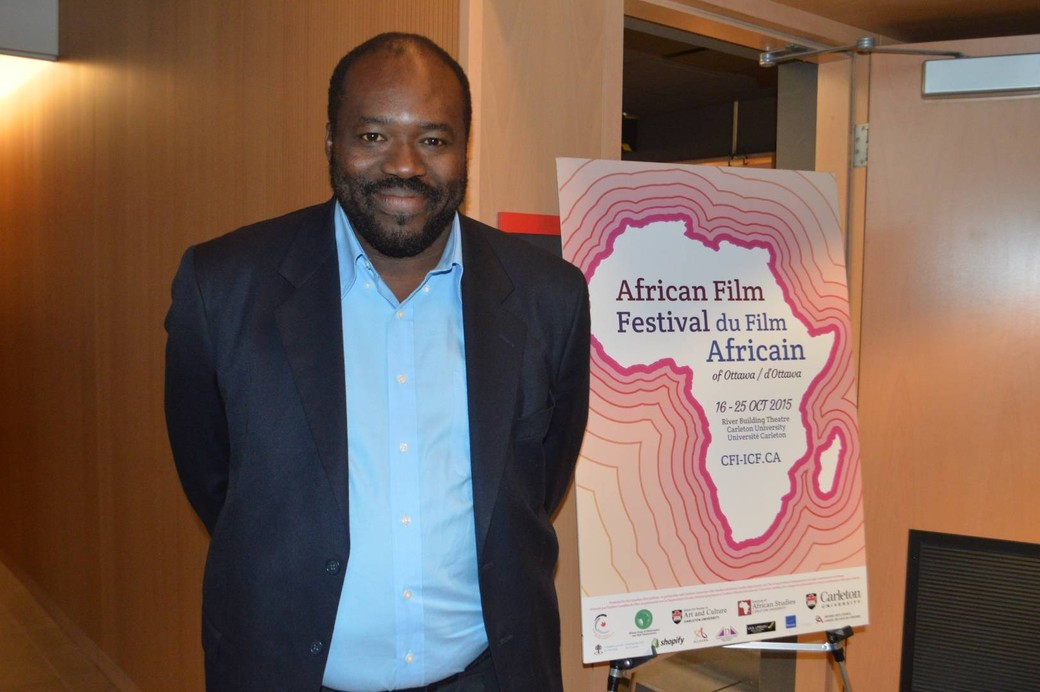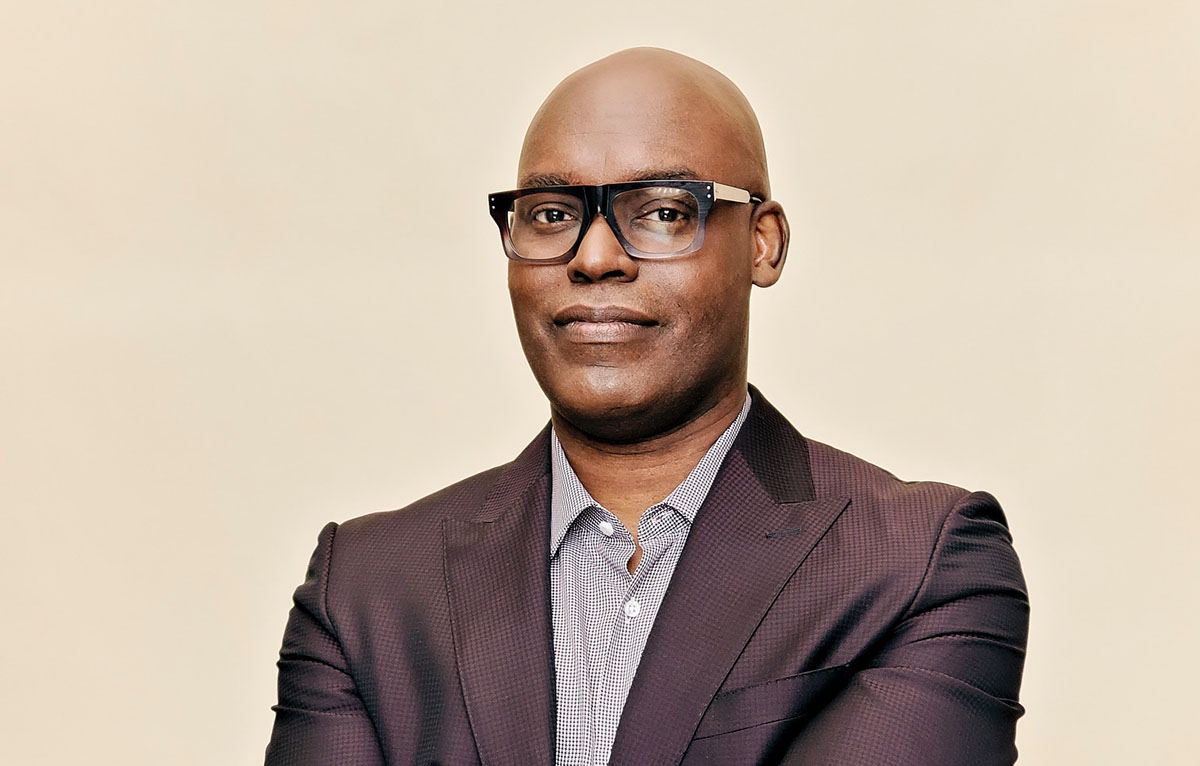
Introducing the African Film Festival of Ottawa
All photos courtesy of Aboubakar Sanogo
The African Film Festival of Ottawa (AFFO) is the first of its kind to hit the city.
Held over two weeks, from October 16 to 18, and October 23 to 25 2015, Carleton University is the inaugural festival’s host.
The festival is the brainchild of Carleton African Film Studies professor Aboubakar Sanogo. While Sanogo has been bringing his students films from African filmmakers, he saw the need for a festival dedicated solely for public viewing of these films.
The selected films celebrate emerging voices from across the five regions of the African continent, as well as its historical diaspora. Sanogo specifically chose films from new African filmmakers.
The featured films have been screened, won awards, or entered for nomination at FESPACO (Pan African Film Festival of Ouagadougou), the Durban International Film Festival, the Cannes Film Festival, The Berlin Film Festival, Toronto International Film Festival, the American Film Institute Film Festival and the Academy Awards, among others.
The festival has been a triumph for Sanogo, but it has also been a challenge.
“Putting together any festival takes a lot of time. The additional logistical investment such as the search for funding required some work. We thought about the best formula for the festival, and we decided upon working with the Canadian Film Institute as the best way forward,” says Sanogo.
CFI’s already existing infrastructure helped greatly with getting the festival off of the ground.
Sanogo says that while CFI has shown multitudes of films from around the world, an African film festival has been very absent.
“We really wanted to bring together cinema that people aren’t used to seeing on a daily basis. The idea was to expose people to a different tradition of filmmaking that has contributed a lot to cinema today.”
Another partnership that made the festival possible was the African Group of Ambassadors and High Commissioners. This partnership encouraged Sanogo to represent all of Africa, as well as Haiti, in the films shown.
Sanogo says that the goal of the festival was to engage dialogue about the films, as well as expand the cinematic palate of Canadians. Many students who take Sanogo’s African Film Studies class have only ever watched one African film before.
“There are also those who have never encountered an African film or a film course. This festival is to compensate for that absence.”
Two of the strongest films being show at the festival are “Lumumba” and “Of Good Report.”
On Saturday October 24, “Of Good Report,” a film by Jahmil X.T. Qubeka, screens at 7:00 pm. It is a film that Sanogo describes as one that is beautifully made, and an adaption of Lolita in a South African context.
Another is the festival’s closing film. “Lumumba” is a film directed by Haitian filmmaker Raoul Peck. Set in the Congo, Sanogo says that it is one of the most beautiful films screened at the festival. “Lumumba” will be shown at 4:00 pm on Sunday October 25.
After the first set of viewings, Sanogo says that people have been approaching him about where they can buy the films and if they could contact the filmmakers or distributors for more information.
“In the first weekend alone, we noticed that there is a desire for this film to create discussion and thought. Our mission was already accomplished in the debut weekend.”
To learn more information about AFFO, please visit the Canadian Film Institute’s website.








